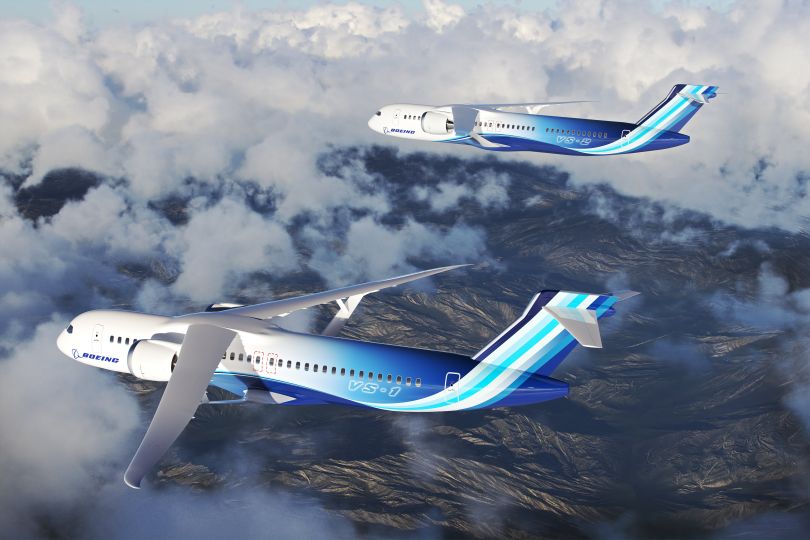
Aerospace giant Boeing secured an award from NASA, which includes funding and technical support, to develop and test a fuel-efficient aircraft.
As part of the deal, NASA will invest $425 million into Boeing’s Sustainable Flight Demonstrator project over the next seven years. The project has an estimated budget of $725 million and testing is expected to be completed in the “late 2020s.”
“NASA is working toward an ambitious goal of developing game-changing technologies to reduce aviation energy use and emissions over the coming decades toward an aviation community goal of net-zero carbon emissions by 2050,” Bob Pearce, associate administrator for NASA’s Aeronautics Research Mission Directorate, said in a statement.
Growing demand for air travel has made airplane emissions a significant contributor to U.S. greenhouse gas emissions, despite aircraft increasing fuel efficiency over the last few years. Engineers and aerospace companies have attempted to develop sustainable solutions but they are still a long way away from adoption. NASA and Boeing hope that their efforts can have a positive impact on aviation emissions as soon as 2030.
The Sustainable Flight Demonstrator project aims to develop and test a Transonic Truss-Braced Wing aircraft with larger wings than a traditional airplane. Its design creates less drag during flights and uses less fuel making it more sustainable, according to a statement from NASA.
“It’s our goal that NASA’s partnership with Boeing to produce and test a full-scale demonstrator will help lead to future commercial airliners that are more fuel efficient, with benefits to the environment, the commercial aviation industry and to passengers worldwide,” Bill Nelson, NASA administrator, said in a statement.
Boeing, which moved its headquarters from Chicago to Washington, D.C. last year, is one of many aerospace companies working to make air travel sustainable. In September, United Airlines purchased 200 electric airplanes capable of holding four passengers each. United Airlines also has a goal of reaching zero emissions by 2050.
With an office in Chicago and across the U.S., Boeing is actively hiring engineers, program managers, integrations architects and developers, to name a few.




